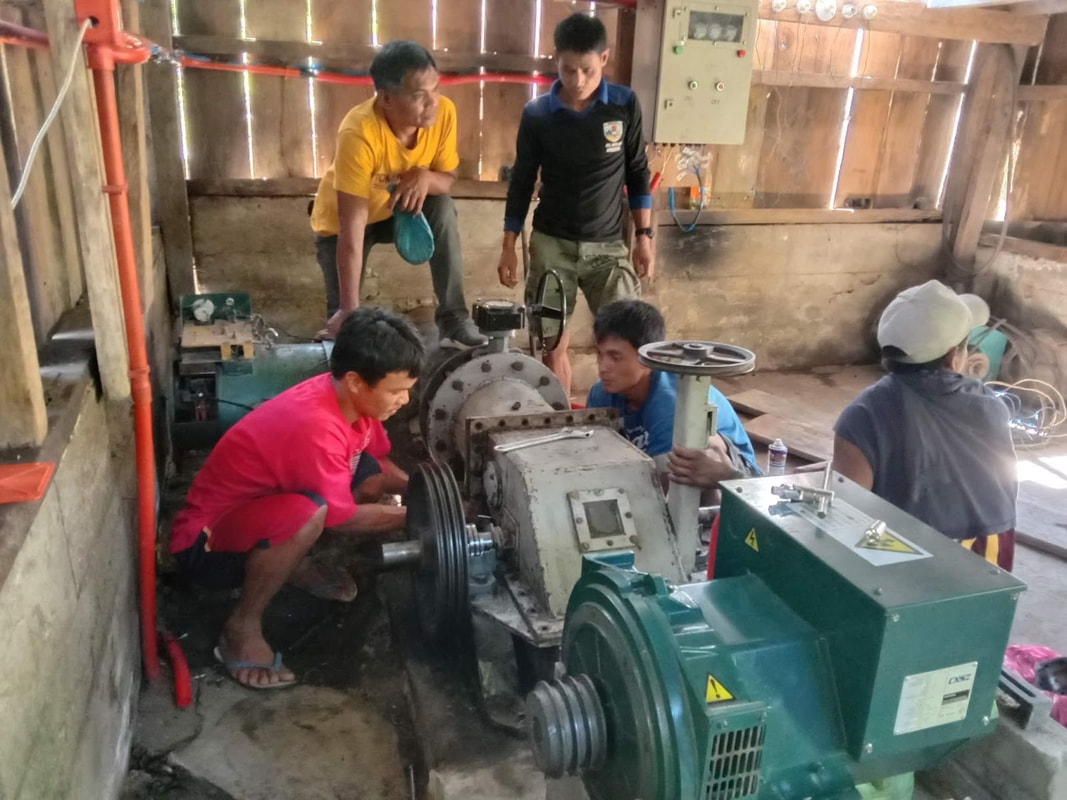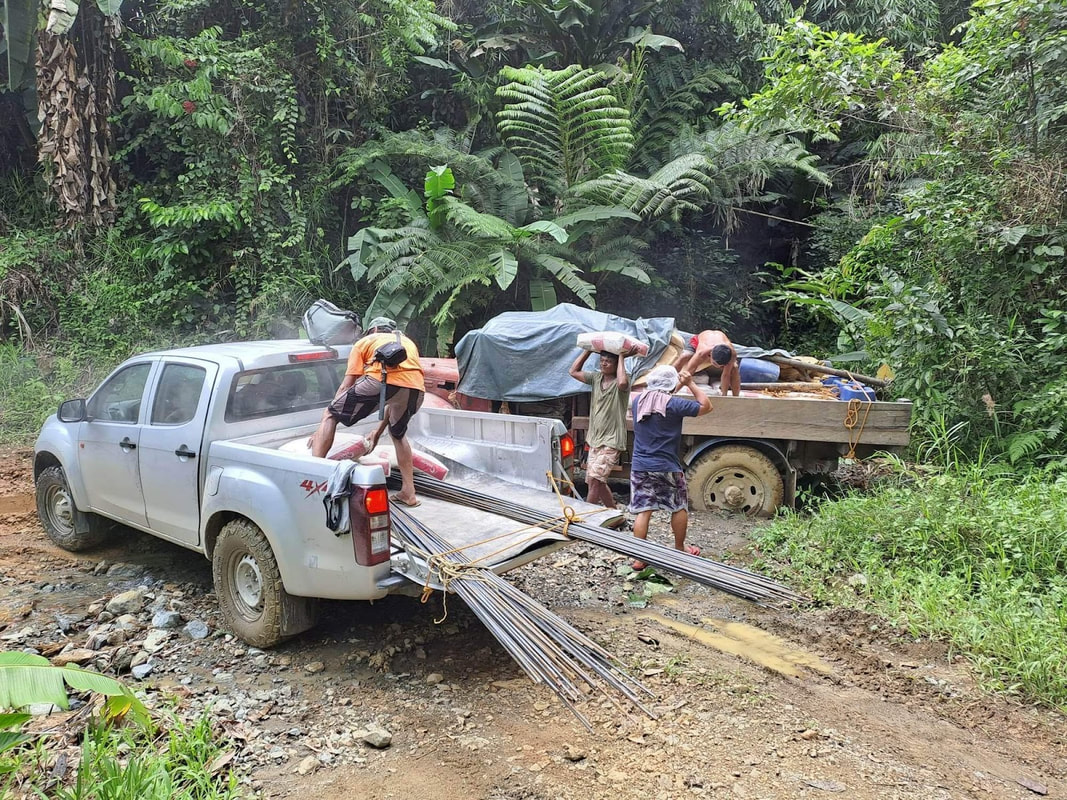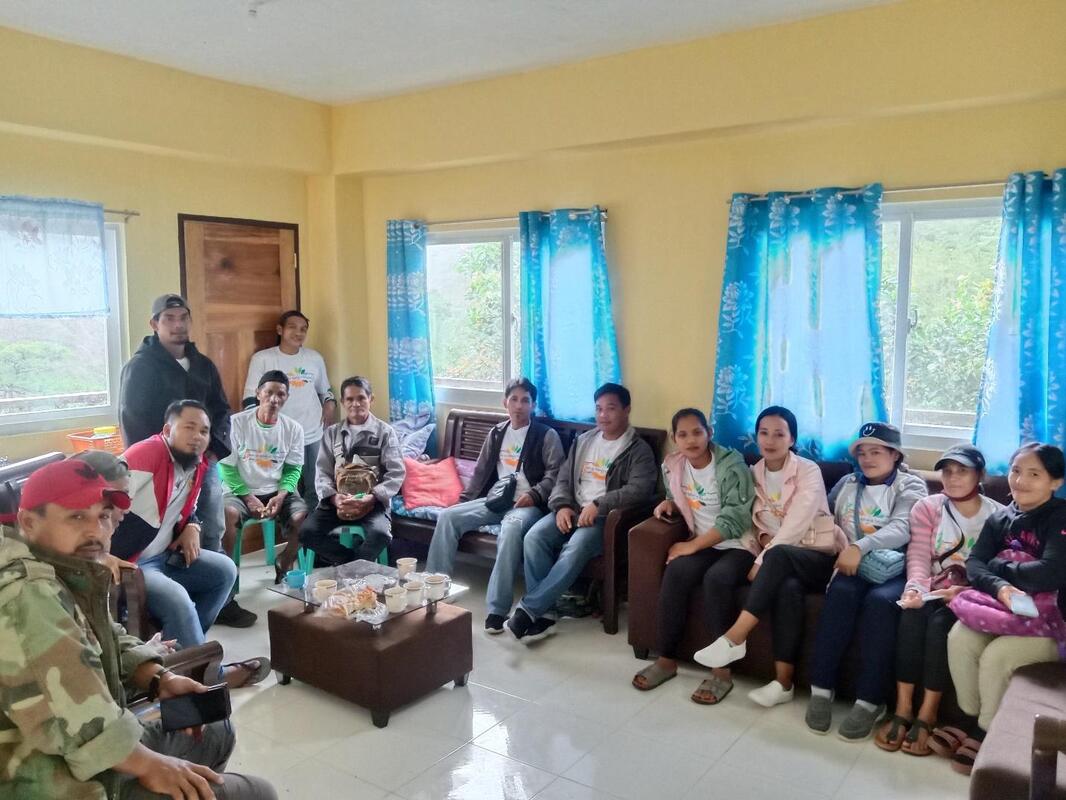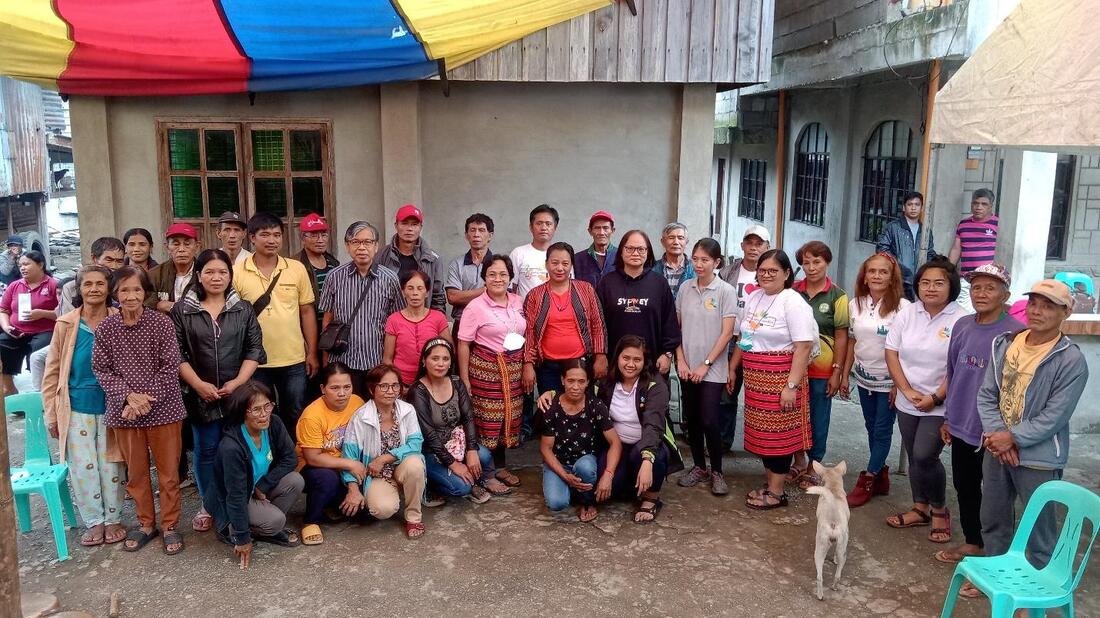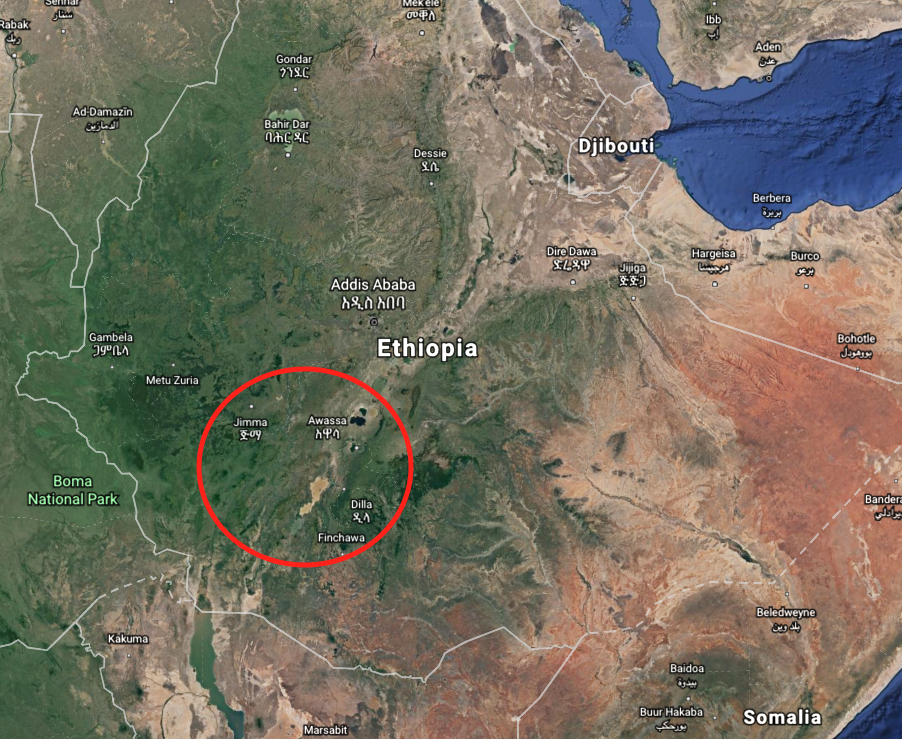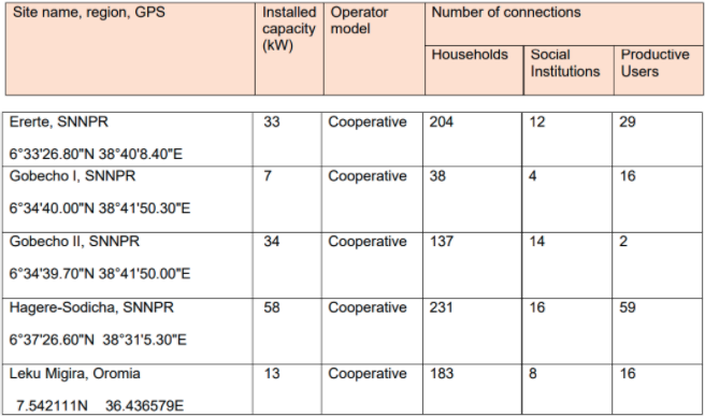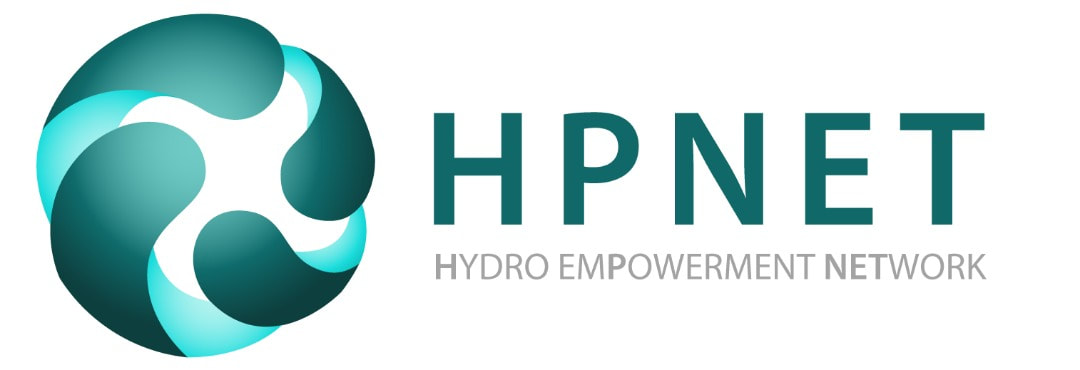In January 2021, SIBAT began working with the community of Brgy. Mataragan, Malibcong, Abra to install a new micro hydropower system (MHP). This new system will be an alternate system for their existing system during summer. The pre-existing and new system have the same source and forebay but have different penstocks and powerhouses. The old system has a higher head but cannot accommodate their needs for irrigation during Summer, since its tailrace goes directly to the river. On the other hand, the new system has a smaller head but can accommodate the community’s needs for irrigation since the tailrace will be connected to their irrigation system. The old system’s capacity is 25kW while the new system can only produce up to 15kW. The project is nearing completion following unforeseen delays in 2022.
SIBAT has also been supporting an ongoing project to install a new micro hydro system in Sitio Saltan Brgy. Balbalasang, Balbalan Kalinga. A machinist at SIBAT completed the fabrication of the crossflow turbine for the new system at SIBAT's Center for Renewable Energy and Appropriate Technology (CREATech). The new system has a design power output of 15KW which will power the whole sitio (i.e. hamlet/territorial enclave). It is hoped that the installation of a system separate from the Brgy. Balbalasang micro hydro will completely allow the communities to power their other appliances and machinery.
From April 20-21, 2022, SIBAT ran an Operator’s Training in Apayao Province, in the Cordillera mountains of Northern Luzon. As part of the training, 50 participants were grouped into small teams of 5 members each to disassemble and reassemble a crossflow turbine, in order to learn its components. They were guided by SIBAT staff.
From October 20-21, 2022 SIBAT held another Operator’s Training in the Kalinga Province, which involved both theoretical and hands-on lessons to train local micro hydro operators on calibration and troubleshooting for synchronous alternators. 50 operators and officers attended the training from 10 different communities in Kalinga Province.
Finally, a success was celebrated in Brgy. Talalang, Balbalan, where the community’s MHP system was successfully rehabilitated. After 2 decades of frequent shutdowns and 8 hrs/ per day operation, the Talalang MHP system almost shutdown for good, but with the help of SIBAT, the system now operates for 24 hrs/day.
The photos were contributed and collated by the SIBAT CBRES Team including Engr. Jeymart Erasquin, Engr. Benazir Gayyed, Engr. Dahlia Tineza, Engr. Philip Rusland Taggaoa, Gengen Elvina, Jonel Baawa, Deo Espilita, Glendo Gayyed and Roelito Laron.
This article was developed by HPNET Thematic Coordinator, Lara Powell.
